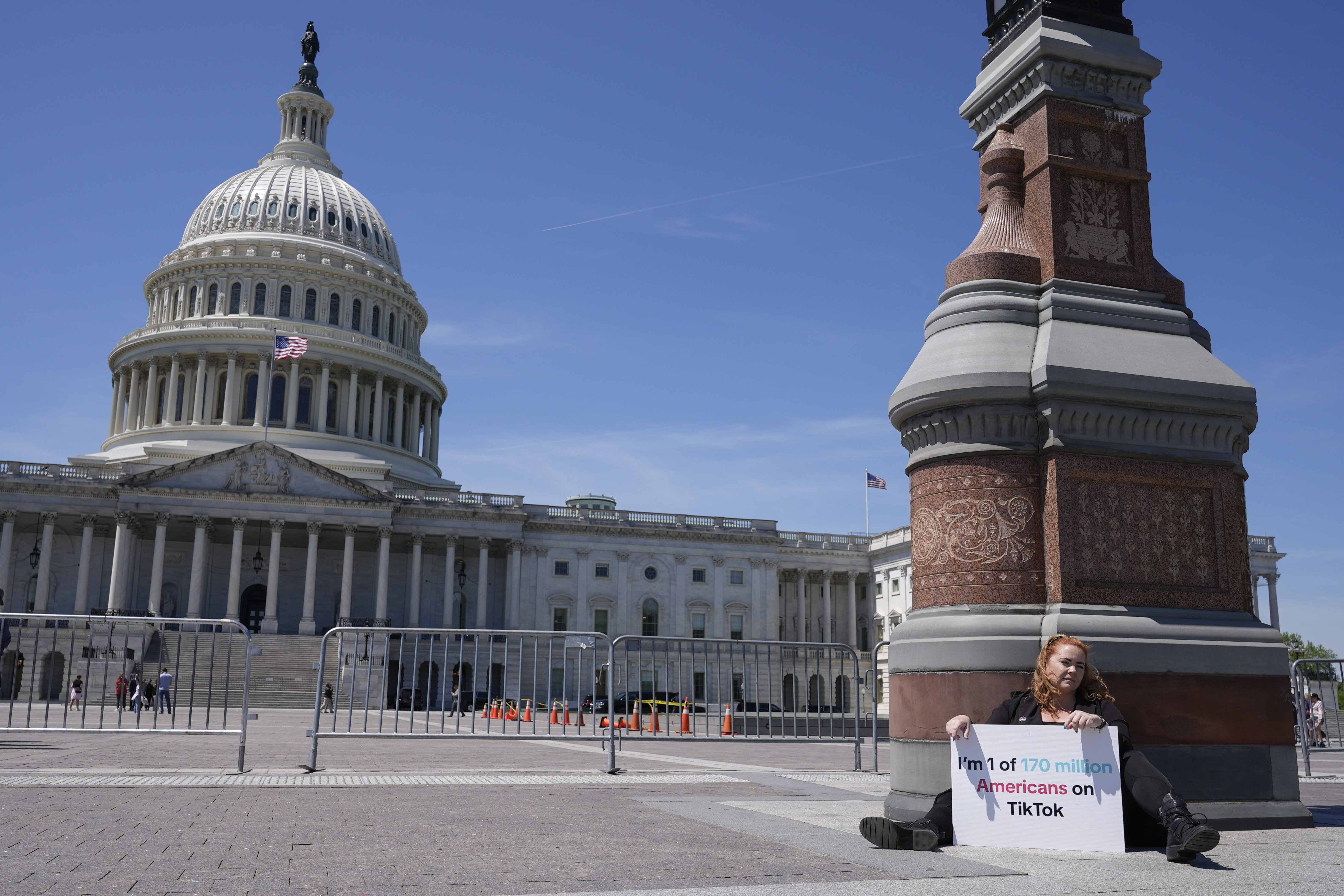
Amid the coronavirus pandemic, renters in many states are protected by a temporary moratorium on evictions.
However, the rules leave tenants across the country with a lot of unanswered questions. For example, can a landlord evict you as soon as the relief period ends? Will not paying rent trash your credit and make it close to impossible to get a new place? Should late fees be expected?
The answers to those questions vary widely depending on where you live.
For example, landlords in New York can’t file eviction orders against tenants right now – but they can come June 20. “The moment these moratoriums are lifted, we’ll see massive evictions,” said Emily A. Benfer, a professor at Columbia Law School who has been following and documenting the policies by location. And the state hasn’t announced any grace period for tenants to pay off their rental debt, and their nonpayment can still be reported to the credit scoring companies.
In Connecticut, meanwhile, landlords are prohibited from evicting tenants during the public health crisis and also have to offer a 60-day grace period for tenants to catch up on their arrears. And property owners in the state are banned from trying to get their renters’ nonpayment tacked on to their credit reports.
Landlords in Delaware and Nevada can’t charge late fees during the public health crisis, but in Illinois and Rhode Island, they can.
“There’s no one approach,” Benfer said.
U.S. & World
News from around the country and around the globe
Indeed, renters in some states aren’t even safe from eviction.
The proceedings continue to unfold in states including Wyoming, South Dakota, Missouri and Idaho, albeit over Zoom or on the phone instead of in a courtroom. In the absence of state protections, some cities and counties have issued their own moratoriums, like a temporary suspension of evictions in St. Louis, Benfer said. “There might be some protections for renters locally,” she said.
There is one piece of consistency: The stimulus package Congress passed in March bans evictions in properties with federally backed mortgages and for tenants who receive government-assisted housing.
Still, confusion abounds.
“Tenants don’t always know if their building has a federally backed mortgage,” Benfer said.
Fortunately, government-sponsored lenders Fannie Mae and Freddie Mac released tools recently that help renters search their property to learn if it qualifies for the eviction moratorium. The Urban Institute estimates the provision will cover nearly 30% of the country’s rental units.
As some of the eviction moratoriums come to an end, housing advocates and lawyers are ringing the alarms.
“People are continuing to struggle to pay their rent and relying on the moratorium, but the stress of knowing that after the moratorium, they might be evicted, is really intense,” said Julia McNally, an attorney at The Legal Aid Society in Queens, New York.
And even if those evicted have enough money to find a new rental, experts say they might have trouble getting a landlord to rent to them.
“That can remain on your credit file for up to seven years,” said Bruce McClary, vice president of communications at the National Foundation for Credit Counseling. “Having this negative information on your credit report certainly won’t help matters when you are trying to rent a new apartment.”
Struggling renters have yet another thing to worry about because only a handful of states seal eviction records, Benfer said. Across the country, companies buy these histories and sell them to landlords, who can use them to decide whether or not to take on a prospective tenant, she said.
“It basically becomes a strike against you, making it difficult to find equal or better housing in the future,” Benfer said.
This story first appeared on CNBC.com More from CNBC:
Three easy things you can do to make your financial life easier
If you think your job is on the chopping block, here’s what to do
This simple financial plan makes it easier to get through tough times
Disclosure: NBCUniversal and Comcast Ventures are investors in Acorns.



